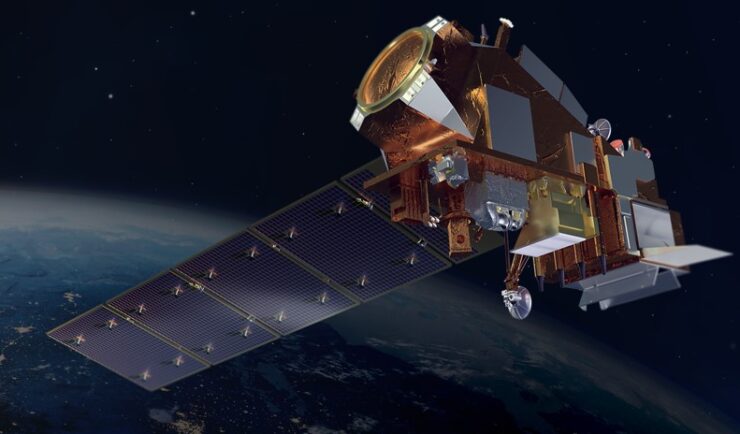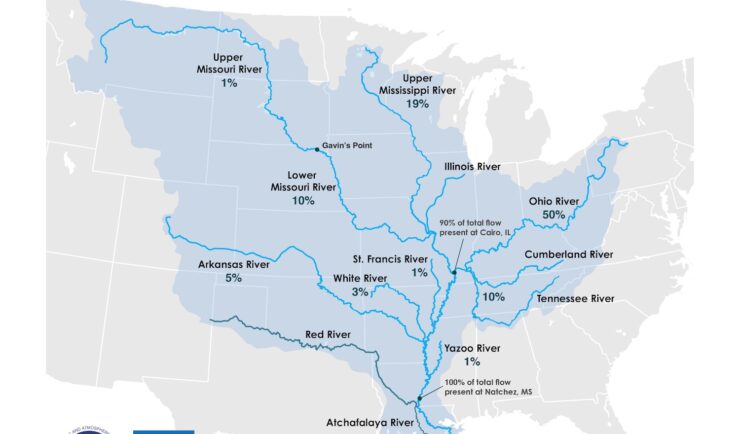
CSS employee owners were part of a team of scientists at the National Institutes of Health who developed an approach to evaluating new laboratory space to determine if the space will fit operational needs. This concept, titled The BaseLINE Approach, combines traditional safety processes with additional safety and environmental factors to assess before operations begin. The term “BaseLINE” is a compound acronym of terms that combine these traditional concepts with safety and environmental terms. “Base” refers to the safety aspects of the process (building assessment of safety elements) while “line” covers environmental issues (lighting, indoor air quality, noise, and ergonomics). This assessment helps ensure additional safety measures for laboratory occupants.
Visit this article to view the full approach.
Congratulations to the team on this accomplishment!
*Feature photo credit: Hans Reniers, Unsplash

See More CSS Insights

Engaging in New and Emergent Satellite Technologies
CSS employee owners (formerly Riverside employees) support the National Oceanic and Atmospheric Administration’s (NOAA) National Environmental Satellite, Data, and Information Service’s (NESDIS) Center for Satellite Applications and Research (STAR). STAR is the science arm of NESDIS, which acquires and manages the nation’s environmental satellites for NOAA. Satellite observations are critical to informing situational awareness and…

55 Years of Earth Day!
Since April 22, 1970 — that’s 55 years! — we’ve celebrated Earth Day to raise environmental awareness and support for environmental protection. At CSS we have a passion for the environment and through various government contracts, we work with our clients to overcome challenges to help protect this rock we call home. Below are a…

Supporting the Mississippi River Basin Drought and Water Dashboard Development
Congratulations to NOAA’s National Integrated Drought Information System (NIDIS) on the launch of the Mississippi River Basin Drought and Water Dashboard. This dashboard provides crucial, timely information to support decision-making for those living and working in the basin, which spans 31 states and 40 percent of the contiguous U.S. The team created the dashboard to…
